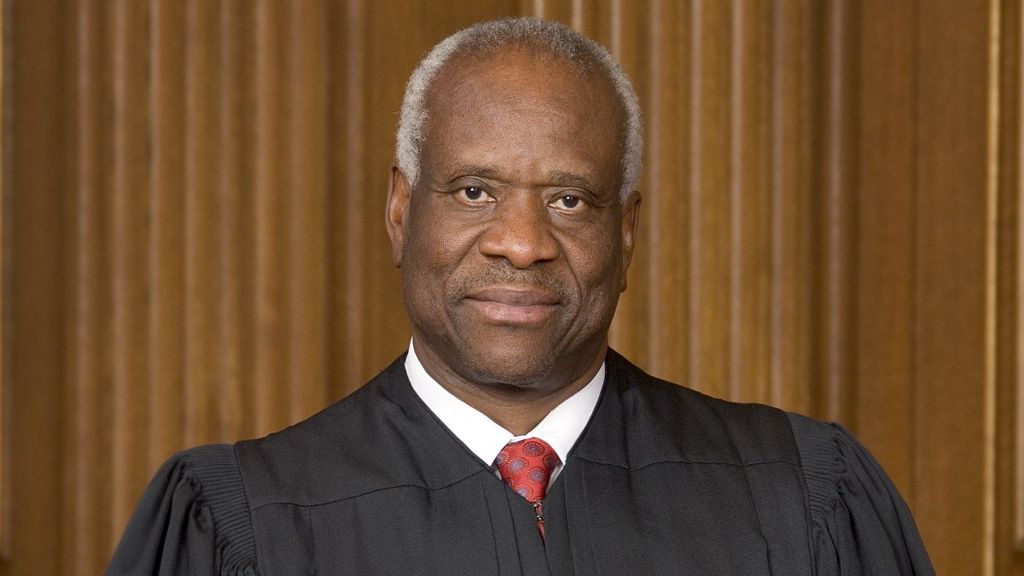Iran provides robust support to Hamas and Islamic Jihad, the anti-Israel terrorist groups that executed the Oct. 7 attacks that left more than 900 Israelis dead
While it isn’t clear whether Iran was directly involved in the unprecedented terrorist attacks on Israel, the Islamist regime has consistently been the largest supporter of Hamas and other terrorist groups involved in the attack.
U.S. and Israeli officials maintain that they still haven’t confirmed Iran’s involvement. Iranian officials have denied direct involvement but voiced support for the attack.
Regardless, Iran has provided robust support both to Hamas and Islamic Jihad, another anti-Israel terrorist group that participated in the Oct. 7 attack that left more than 900 Israelis dead.
The day after the attack, Abu Obaidah, spokesman for Al-Qassem Brigades, the military wing of Hamas, gave credit to Iran for enabling the massacre.
“We thank the Islamic Republic of Iran who provided us with weapons, money, and other equipment,” he said in a video. “It gave us missiles to destroy Zionist fortresses and helped us with standard anti-tank missiles.”
Hamas leader Ismail Haniyeh told Al-Jazeera last year that Iran paid $70 million to help the group develop missiles and defense systems.
He identified Iran as the largest sponsor, though he said other countries give it money, too.
According to a 2020 report by the U.S. State Department, Hamas and other Palestinian terrorist groups have collectively received up to $100 million per year from Iran.
Iran also funds the Hezbollah terrorist group in Lebanon with some $700 million a year, according to the report. Hezbollah has voiced support for the attack on Israel but hasn’t officially joined it, though a handful of rockets were launched from southern Lebanon into Israel in recent days.
The Iranian regime considers the state of Israel illegitimate and has long advocated for its elimination, funding various proxy forces that align with that goal.
The Biden administration has been trying to soften relations with Iran in a quest to revive the Obama-era Iran nuclear deal that President Donald Trump nixed in favor of comprehensive sanctions in 2018.
By Petr Svab






